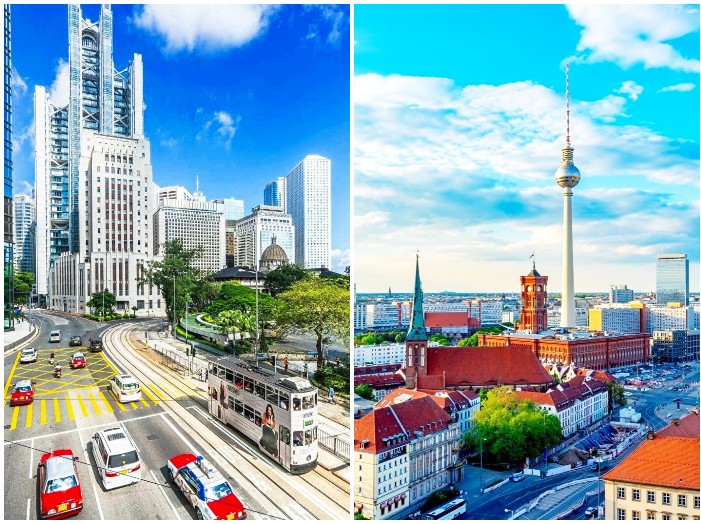
A significant change in policy is propelling Germany’s “economic reboot,” which was prompted by two years of stagnant development (zero GDP growth in 2023 and 2024) as well as growing structural and geopolitical challenges. Below is a summary of the main elements influencing this change:
- Stagnation in the economy and structural difficulties
Due to low exports, slow private spending, high energy prices, and a lag in digital and infrastructure investment, Germany has mostly remained at a standstill—recession or flat growth—since 2019.
Once a worldwide superpower, its industrial prowess has been undermined by rising competition, especially from China, the threat of U.S. tariffs, poor technological adaption, and high energy costs.
- Reforming Debt Brakes and Political Change
Early elections were held as a result of the government’s collapse in late 2024. On the promise of aggressive expenditure to boost economy, Chancellor Friedrich Merz’s new CDU-SPD coalition won.
A historic change to Germany’s “debt brake” (early 2025) has permitted a €500 billion investment fund for infrastructure and green transition projects, while also exempting defense spending (over 1% of GDP).
- Record Public Investment
With approximately €400 billion in additional borrowing through 2029, Germany intends to invest record amounts, starting at €115.7 billion in 2025 and increasing to €123.6 billion in 2026.
Significant defense increases, a €500 billion infrastructure fund, corporate tax breaks, and assistance for digital and green energy are all intended to promote employment and competitiveness.
- Security and Geopolitical Factors
Security worries have increased as a result of Russia’s war in Ukraine and the uncertainty surrounding US policies. Germany is accelerating defense spending to at least 3.5% of GDP by 2029 and investing billions annually in Ukraine aid.
Parliament also seeks to tighten foreign investment laws to prevent undue Russian influence in critical infrastructure like Nord Stream.
- Early Positive Signals
Fiscal stimulus, easing inflation (2.0% in June 2025), lower energy prices, and interest rate stability have helped reignite business confidence.
Global Tourism Experiencing A Strong Recovery In 2024
The Ifo business climate index jumped to its highest in over two years, and economists (Bundesbank, Ifo, DIW, IMF) revised growth forecasts upward—from stagnation to around 0.3% in 2025 and near‑1.0% in 2026.
Germany’s strategy is clear: break free from austere constraints, inject up to €1 trillion over the next decade into priority sectors, and use the momentum to drive sustainable, long-term growth.
Let’s keep an eye on how quickly this capital turns into real-world projects and whether structural reforms—like cutting bureaucratic red tape, energizing the automotive and digital sectors, and boosting venture capital—follow through.





